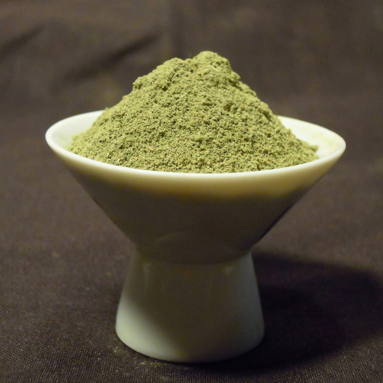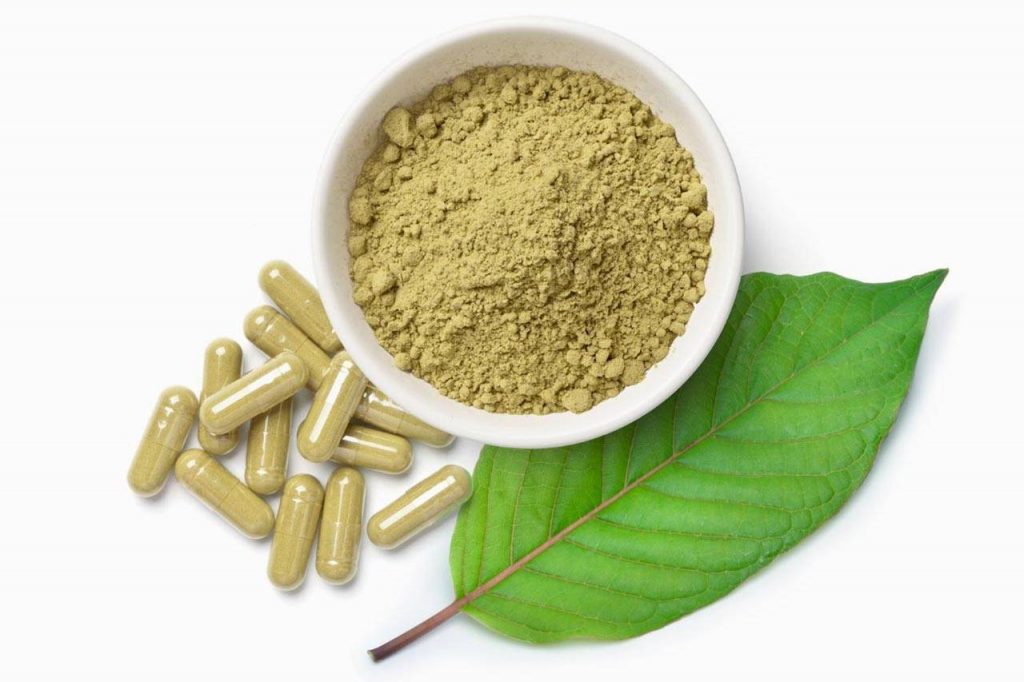Delta 8 dab wax is gaining popularity for its ability to provide a fast-acting and potent experience for those seeking quick relief from stress, discomfort, or anxiety. This concentrated form of Delta 8 THC is extracted from hemp, ensuring a legal and safe alternative to traditional cannabis products. Delta 8 dab wax is known for its high potency, offering users a powerful and efficient way to enjoy the benefits of THC without the intense psychoactive effects that come with Delta 9 THC. The process of using Delta 8 dab wax is simple yet effective. Dabbing involves applying the wax to a heated surface, often a dab rig, allowing the concentrated substance to vaporize and be inhaled. This method delivers the cannabinoids directly into the bloodstream, providing fast relief compared to other methods such as edibles or tinctures. Inhaling Delta 8 through dabbing ensures that the effects are almost immediate, making it an ideal choice for individuals who need quick and precise relief.
Delta 8 dab wax offers several therapeutic benefits, including a sense of relaxation, reduced anxiety, and pain relief. Many users find that it helps ease physical discomfort, such as muscle soreness or chronic pain, while also promoting a calm mental state. Unlike Delta 9 THC, which can sometimes cause overwhelming feelings of paranoia or anxiety, Delta 8 tends to produce a more balanced and milder experience, making it suitable for those who are sensitive to THC’s more intense effects. One of the key advantages of using delta 8 dab wax is the level of control it provides. Since dabbing is a precise method of consumption, users can easily manage their dosage and adjust it to meet their specific needs. This level of control is particularly beneficial for individuals who are new to cannabis or those who want to ensure they achieve the desired effects without overconsumption. Whether it is a small hit for a mild effect or a larger dose for stronger relief, Delta 8 dab wax can be tailored to each user’s preferences.
In addition to its therapeutic uses, Delta 8 dab wax is also becoming a popular choice for recreational users. Those seeking a more relaxed, euphoric experience can benefit from the smooth and calming high it produces. The wax form allows for quicker onset, meaning users can enjoy the effects almost instantly, making it a convenient and enjoyable way to unwind after a long day or enhance social activities. While Delta 8 dab wax offers many benefits, it is important to approach its use responsibly. As with any concentrated substance, it is crucial to start with a small amount and gauge how your body reacts before increasing the dosage. Those new to Delta 8 or dabbing should take extra care, ensuring they understand the process and are aware of their tolerance levels. This way, users can fully enjoy the benefits of Delta 8 without experiencing any unwanted effects.







 This ease of access not only saves time but also reduces the stress associated with traditional healthcare visits. Moreover, telehealth fosters a more personalized approach to healthcare. Through virtual consultations, healthcare providers can deliver tailored advice and treatment plans based on a comprehensive understanding of a patient’s unique circumstances. This personalized care is facilitated by the ability to quickly review and share medical records, discuss symptoms in real-time, and adjust treatment plans as needed. The real-time nature of these interactions allows for more dynamic and responsive care, enhancing patient outcomes. Telehealth also plays a crucial role in improving patient engagement and self-management. With tools like patient portals and health monitoring apps, patients can easily access their health information, track their progress, and communicate with their healthcare providers between appointments. This continuous engagement helps patients stay informed about their health status, adhere to treatment plans, and make informed decisions about their care. Issues such as digital literacy, privacy concerns, and technology can impact the effectiveness of telehealth services.
This ease of access not only saves time but also reduces the stress associated with traditional healthcare visits. Moreover, telehealth fosters a more personalized approach to healthcare. Through virtual consultations, healthcare providers can deliver tailored advice and treatment plans based on a comprehensive understanding of a patient’s unique circumstances. This personalized care is facilitated by the ability to quickly review and share medical records, discuss symptoms in real-time, and adjust treatment plans as needed. The real-time nature of these interactions allows for more dynamic and responsive care, enhancing patient outcomes. Telehealth also plays a crucial role in improving patient engagement and self-management. With tools like patient portals and health monitoring apps, patients can easily access their health information, track their progress, and communicate with their healthcare providers between appointments. This continuous engagement helps patients stay informed about their health status, adhere to treatment plans, and make informed decisions about their care. Issues such as digital literacy, privacy concerns, and technology can impact the effectiveness of telehealth services.